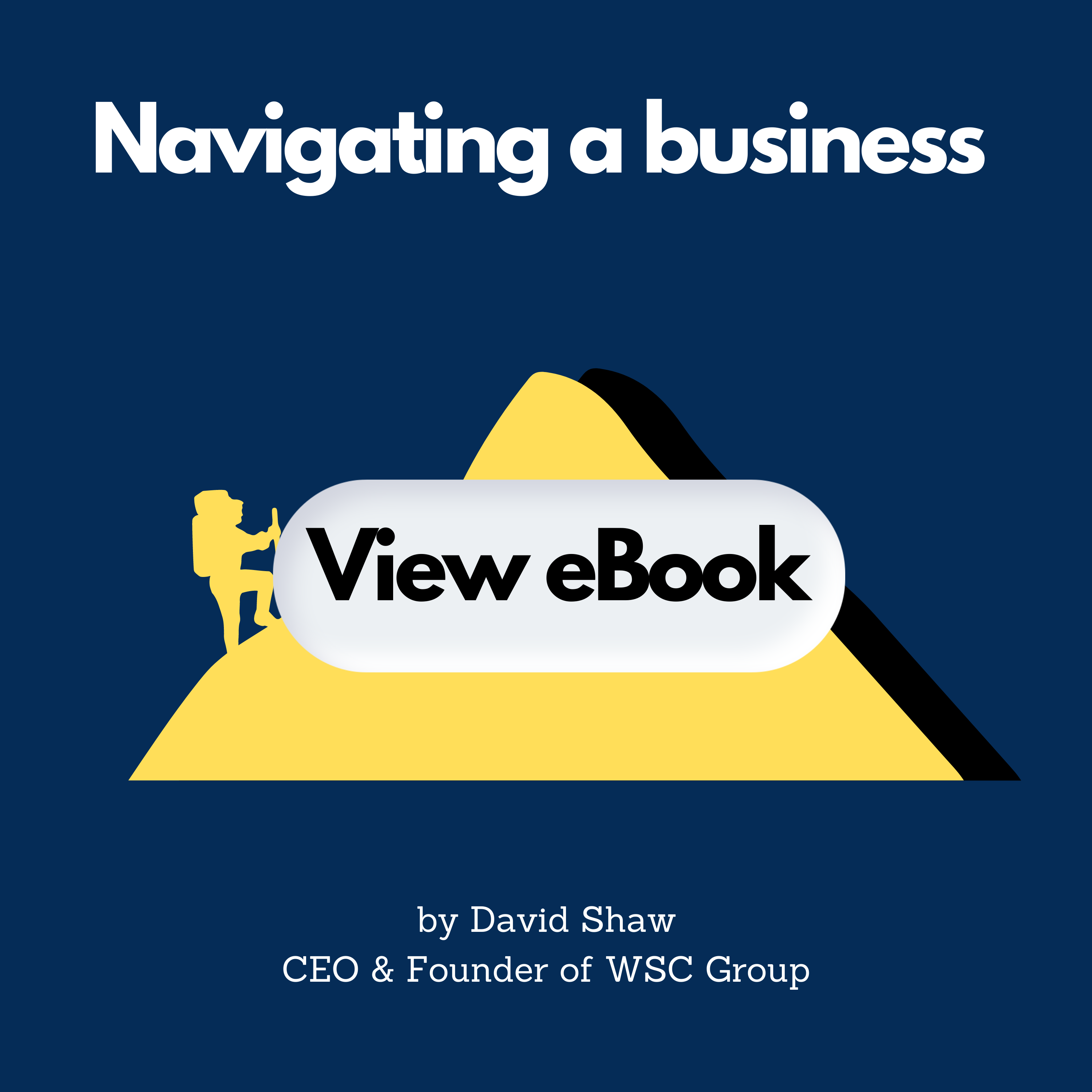Tax Planning
WSC Group can assist you with tax planning for your business.
What is Tax Planning and why is it important?
How much does a Tax Planning meeting cost?
Are my affairs too small for a Tax Planning meeting?
Do I need to prepare anything to have a Tax Planning meeting?
When should I book a Tax Planning meeting?
What happens if I'm thinking of selling my business?
We answered these common questions in this brief video below.

What is Tax Planning and why is it important?
The tax planning meeting is about a couple of key things. The first, is to make sure that we are doing our very best for you in terms of tax. That might mean reducing tax by making sure your superannuation is paid or implementing other strategies. However, the focus might also be not on reducing tax but actually making sure your income is sitting at a good level by paying initial dividends or setting some healthy business goals. Tax reduction is often not the primary goal of a tax planning meeting. The second, is to make sure there are no surprises. I think you would agree that the worst kind of tax bill is a surprise tax bill so making sure that you’re aware of all of your upcoming obligations is also a key element of the tax planning meeting. Overall, the value of these meetings can be different for different people. Most clients benefit from this style of proactive advice focusing on what’s coming up for you and what your key goals are.
How much does a Tax Planning meeting cost?
The cost of a tax Planning meeting is based on your individual circumstances. We charge an hourly rate based on the time taken to prepare any reports required for the meeting and also to hold the meeting. We will provide you a quote based on your individual circumstances and your unique goals, before proceeding with any work of this nature.
Are my affairs too small for a Tax Planning Meeting?
The common question we get asked is are ‘our tax affairs too small for a tax planning meeting’. If you are looking to make any significant decisions around your tax affairs, a tax planning meeting will help you look forward and budget accordingly for your tax liabilities for the coming year. Whether it’s expanding your business or downsizing your property portfolio, a tax planning meeting will give you the confidence to make decisions around your tax affairs before the end of the financial year.
Do I need to prepare anything to have a ‘Tax Planning’ meeting?
If you’re running a business, you will need to have your bookkeeping accounts reconciled to the end of the most recent month possible. After that have a think about sales or income projections over the remaining months of the financial year and if you have any changes to business expenses that will also help to let us know. We will take that information and use it to forecast your profit or loss and estimated tax for the year. Furthermore, writing a list of any capital expenditure you may need for your business would also be useful to communicate to us. If you have investment properties, knowing your current interest rate and details of any significant property maintenance that might be required will be beneficial to have available for the meeting.
When should I book a Tax Planning meeting?
Late April to mid-June are great times to book your tax planning meeting. This gives you information about the year to date as well as enables you sufficient time to implement any decisions before 30 June. Of course, if you are scheduling a tax planning meeting for your business, you will need to have your bookkeeping records up to date before work in a meeting can occur.
What happens if I’m thinking of selling my business?
Tax planning meetings are often where these types of discussions first come up. We recommend to our business clients that they understand the estimated valuation of their business and a tax planning meeting will help identify areas where you can improve or increase the value of your business. We can also discuss strategies to identify and enhance operations of the business, determine target buyers, and help you be clear about why you want to sell your business. Even if you are not looking to sell your business, these types of discussions can help to provide you with a further understanding on where your business can improve to maximise its potential value.














